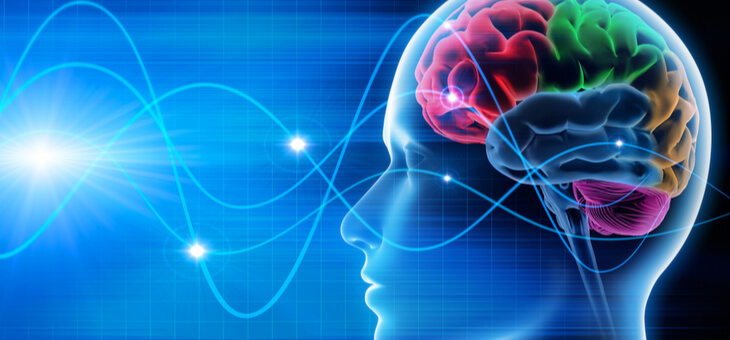A dying man has provided science with a breakthrough in brain chemistry.
In a paper published in Frontiers in Aging Neuroscience, scientists analysing the brain scan results of a dying patient found that near-death experiences (NDE) may be based more on brain activity than a spiritual encounter.
The case covers an 87-year-old man who visited an emergency department after a fall. He was diagnosed with a mild brain injury, but rapidly deteriorated. A CT scan showed he had suffered an acute subdural haematoma, a blood clot that develops between the brain and its tough outer covering.
An operation was performed to evacuate the haematoma and the patient was stable for two days.
Read: Keeping your blood pressure in this range can slow brain ageing
However, during an electroencephalogram scan he suffered a cardiac arrest. After consultation with the family, and in consideration of the patient’s ‘do not resuscitate’ status, treatment was stopped, and the patient passed away while still in the scan machine.
The circumstances provided a rare opportunity to investigate brain activity during the man’s dying moments.
Data from that scan, the first from a dying human brain in a non-experimental, real-life setting, found that the human brain may be able to generate considerable activity during the near-death period.
The scan showed an increase in gamma activity – which is linked to memory recall, meditation and dreaming – immediately before and after the patient’s final heartbeat.
Read: Are these scans helpful or harmful?
Similar results have been found in controlled experiments using rodents.
There is speculation the results could explain NDE, a phenomenon that includes memory recall, out-of-body experiences, hallucinations and a meditative state.
The study hypothesised that the brain may have generated a memory ‘replay’ with the increase in gamma activity.
Neurosurgeon Dr Ajmal Zemmar, who co-wrote the study, said: “The brain may be playing a last recall of important life events, just before we die, similar to the ones reported in near-death experiences.
“Something we may learn from this research is although our loved ones have their eyes closed and are ready to leave us to rest, their brains may be replaying some of the nicest moments they experience in their lives.”
Read: Solve brain problems in your sleep
However, the study notes several caveats including that the patient had a brain injury, was under anaesthesia and on considerable amount of anti-convulsant medication and there is no baseline data for comparison.
Despite these caveats, the study concluded that similarity in results between the controlled animal experiments and the 87-year-old’s scan suggests there may be stereotypical brain activities during death.
What is your opinion? Are near-death experiences spiritual or scientific? Share your thoughts in the comments section below.
If you enjoy our content, don’t keep it to yourself. Share our free eNews with your friends and encourage them to sign up.

